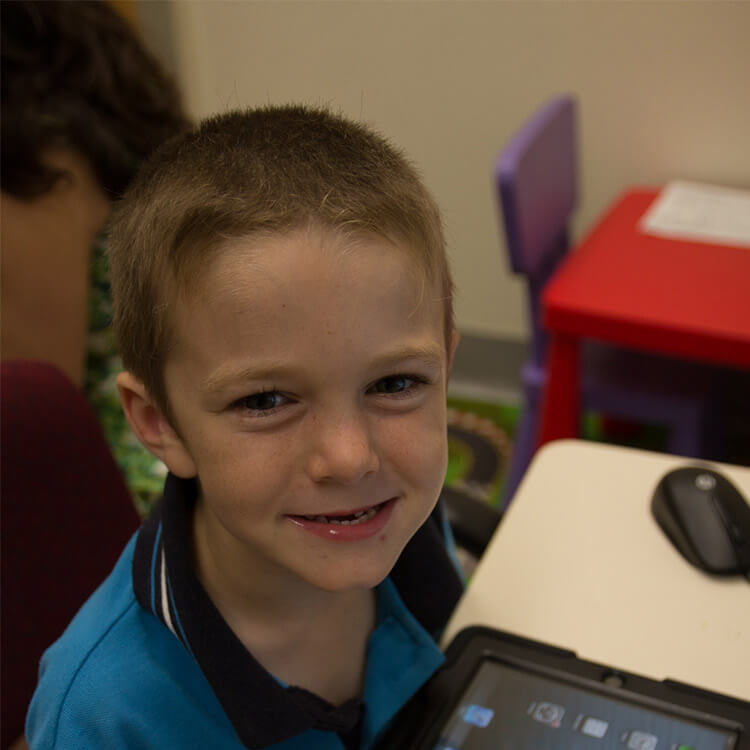Search

We invite all Supply Partners to make us their Corporate Social Responsibility (CSR) partner in Western Australia.

Find out about upcoming school holiday workshops at Scitech.

What would you discover to help a child? At The Kids, our researchers are committed to Autism research that makes a real difference.
Research
A Family's Journey at JHC: Analyses of routinely collected dataDesiree Silva MBBS, FRACP, MPH, PhD Co-Director, ORIGINS desiree.silva@thekids.org.au Co-Head, The ORIGINS Project Professor Desiree Silva is
Research
A phase IIIB, randomized, controlled, observer-blind study to evaluate safety and immunogenicity of GSK’s meningococcal ABCWY vaccine when administered in healthy adolescents and adults, previously primed with meningococcal ACWY vaccine (BOOST)Investigator: Peter Richmond Project description GSK is conducting a research study to evaluate its investigational, pentavalentmeningococcal vaccine
Research
A pilot study into assessing the danger of heated-tobacco-productsAlexander Anthony Dr Katherine Larcombe Kicic Landwehr BScEnv (Hons) PhD BSc (Hons) PhD BSc(Hons) Honorary Research Fellow Rothwell Family Fellow;
Research
ADAPTS: Antibiotic Dysbiosis And Probiotics Trial in infantSDesiree Peter Silva Richmond MBBS, FRACP, MPH, PhD MBBS MRCP(UK) FRACP Co-Director, ORIGINS Head, Vaccine Trials Group desiree.silva@thekids.org.au
Research
Building a culturally safe mental health system for Aboriginal and Torres Strait Islander young peopleThe impact of colonisation, genocide, and continuing discriminatory policies have created a context for ongoing disadvantage, trauma, and high rates of mental health issues for Aboriginal and Torres Strait Islander young people.
Research
CASSETTE: Clindamycin Adjunctive therapy for Severe Staphylococcus aurEus Treatment Evaluation, a multi-centre, pilot randomised controlled trialAsha Tom Bowen Snelling BA MBBS DCH FRACP PhD GAICD FAHMS OAM BMBS DTMH GDipClinEpid PhD FRACP Head, Healthy Skin and ARF Prevention Head, Infectious
